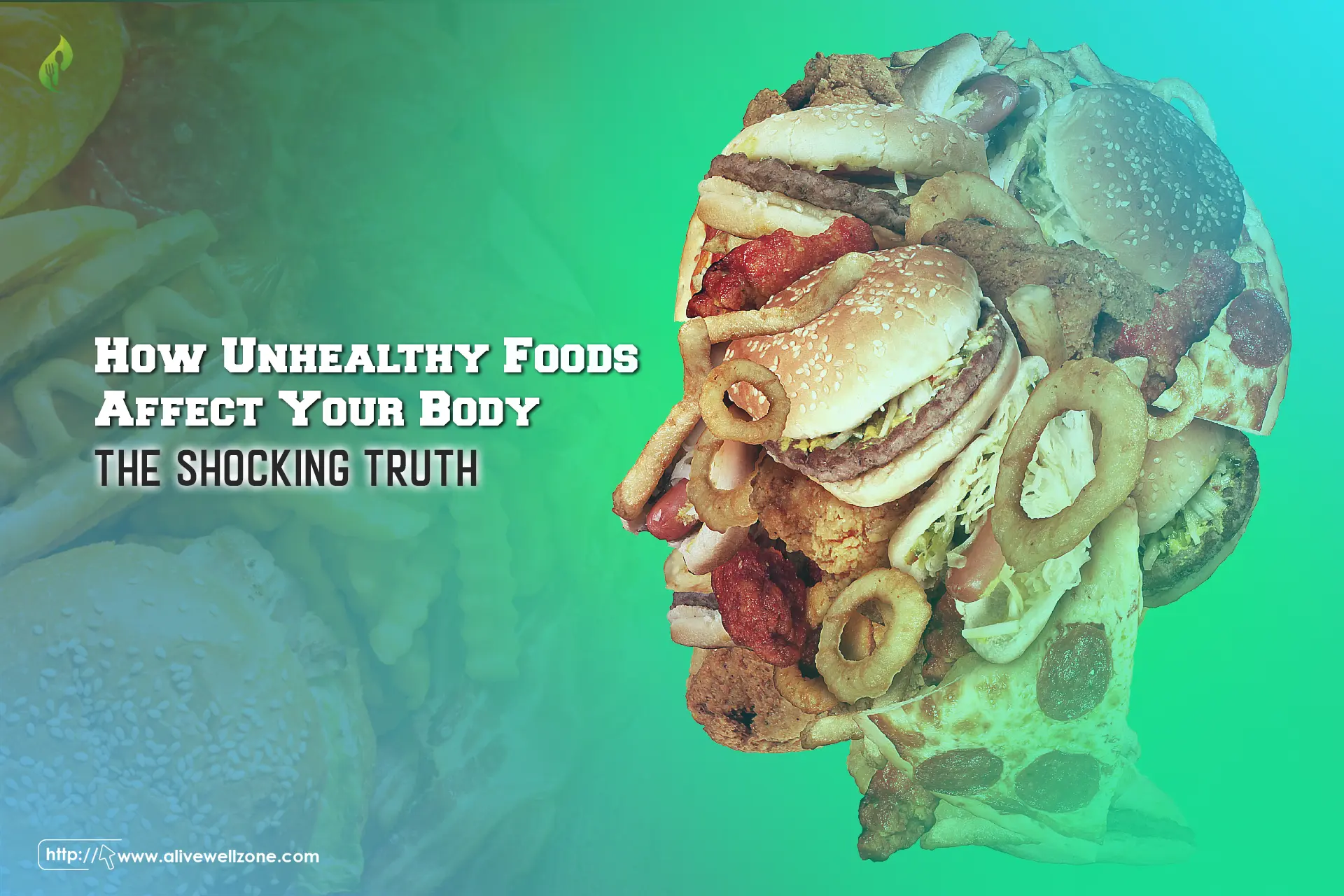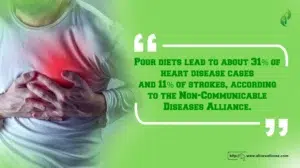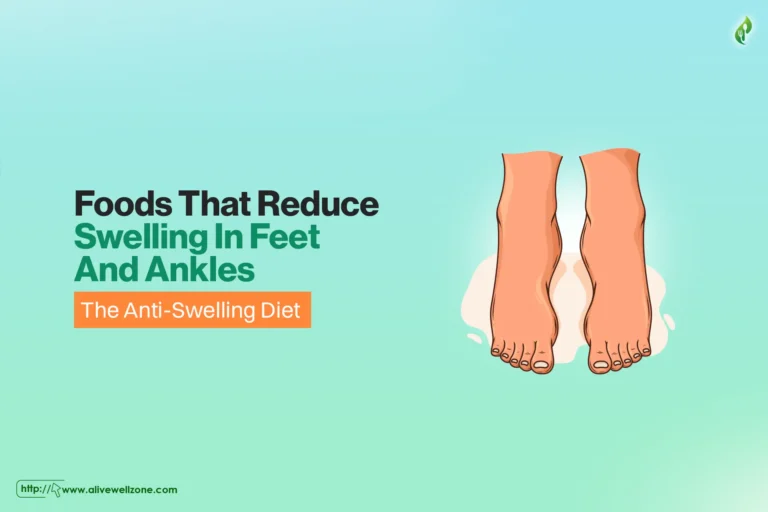
Last Updated on December 5, 2024 by Helena Akter
Ever wondered why some foods make you feel slow and low on energy? Have you noticed subtle changes in your body that you can’t quite explain? Well, what you eat may be more closely linked to how you feel than you realize.
It’s important to understand how unhealthy foods affect your body. In fact, a global study from 1990-2017 showed 11 million deaths caused by diets high in processed meats, sugars, and trans fats yet low in fruits and vegetables.
So today, we’ll explore exactly how unhealthy foods like processed snacks, sugary sweets, and fried fare can affect your body. You’ll learn about the potential consequences to your weight, mental health, risk of illness, and more.
What Food Does to Our Bodies?
The nutrients from the foods we eat allow our cells to work properly. It’s like planting a garden – with the right soil and sunlight, tomato seeds can grow into ripe, red tomatoes. But using cheaper supplies means you might only get small, green ones.
Simply put, the better nutrients we get, the healthier we can be. So it’s about more than just calories or certain good or bad foods. You need to focus on eating nutritious things while limiting low-quality options.
In summary, view food as fuel to power your body and help prevent heart issues over time.
What is the Connection Between Food and Disease?
Chronic diseases are a growing issue. And surprisingly, the U.S. ranks 47th globally for life expectancy, though we outspend all nations on healthcare. Additionally, many workers struggle with health problems like depression and hurting productivity. That’s why most healthcare costs go to chronic illnesses.
In the past, it was thought genes alone caused diseases like cancer or diabetes. Now, many believe biological dysfunction and poor diet play a role. The foods we eat matter because diets often lack balanced nutrients.
To prevent illness onset, we must understand how does unhealthy foods affect your body functionality. It’s according to Europe’s major nutrition group. One approach to studying this is Functional Medicine.
Functional Medicine uses nutrition to assess, prevent, and treat complex chronic diseases. It also researches how nutrition impacts health.
Negative Impact of Unhealthy Foods on Your Body

Here’s what happens if you eat unhealthy food every day —
1. Weight Gain and Type 2 Diabetes
Eating too much salty, fatty, or sugary food can lead to taking in more calories than you use. This can cause major weight gain and obesity over time.
When someone becomes obese, their body carries too much fat tissue. This can make cells resistant to insulin, which leads to type 2 diabetes. Experts estimate that about 80% of type 2 diabetes cases could be prevented if people ate healthy, avoided tobacco, and exercised enough.
2. Mental Health Effects
Eating too much junk food may worsen symptoms of conditions like depression and anxiety. Sugary foods and refined carbs are especially harmful since they rapidly spike blood sugar. Better carb choices are potatoes, brown rice, oatmeal, and other complex carbs.
According to a 2015 American Journal of Clinical Nutrition study, diets high in carbs and sugar are linked to higher depression levels. So while a better diet helps physical health, it may also help mental health.
3. Heart Disease and Stroke
Poor diets lead to about 31% of heart disease cases and 11% of strokes, according to the Non-Communicable Diseases Alliance. Heart disease refers to narrowed or blocked blood vessels.

Eating unhealthy foods raises the levels of cholesterol particles in the blood, allowing plaque to build up in arteries. Partially blocked arteries can result in heart attacks and strokes.
4. Teeth and Bone Problems
The International Osteoporosis Foundation states that getting enough calcium and vitamin D helps your bones make and maintain bone tissue. It helps avoid osteoporosis and other bone issues.
Without these key nutrients, your bones weaken over time. Weaker bones mean a higher risk of serious injury and even death from small falls later in life.
Beyond bone health risks, the effects of a poor diet on the body diets can also lead to weaker tooth enamel, gum disease, and tooth decay. When it comes to teeth, you can try chewable toothpaste tablets to see how they work.
5. Cancer Risk
The NCD Alliance estimates that eating few fruits and vegetables accounts for about 19% of gastrointestinal cancers. But they also estimate that around 40% of all cancers could be avoided by having a healthy diet, being physically active, and not using tobacco.
Clearly, maintaining healthy eating habits is extremely important, while regularly eating junk food can severely harm your health. In the meantime, eating healthy fats, whole grains, and lean proteins can significantly lower your chances of developing cancer.
Conclusion
In closing, eating unhealthy foods can have many negative effects on the body over time. Specifically, a poor diet leads to an increased risk of weight gain, heart disease, type 2 diabetes, cancer, and other problems.
When you regularly eat foods high in sugar, unhealthy fats, and calories, it causes damage and raises disease risk. Gradually, including more fruits, vegetables, whole grains, and lean protein helps lower cholesterol, blood sugar, and inflammation.
Pairing these diet upgrades with exercise and stress management helps sustain energy, weight, and mental health. Overall, changing your eating habits can dramatically improve your health. Even starting with basic improvements helps your body work better in the years ahead.







